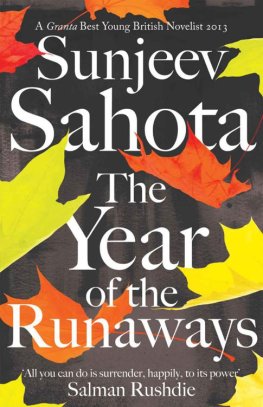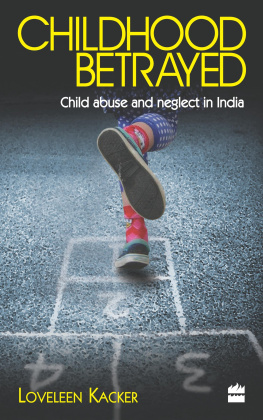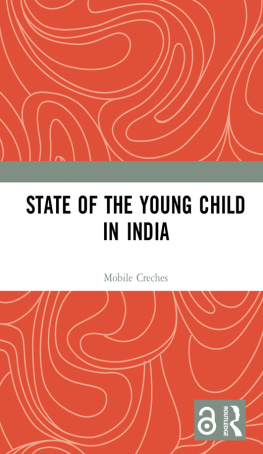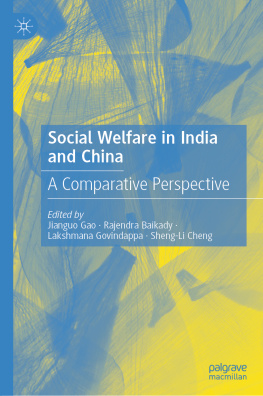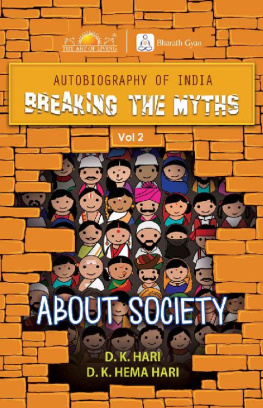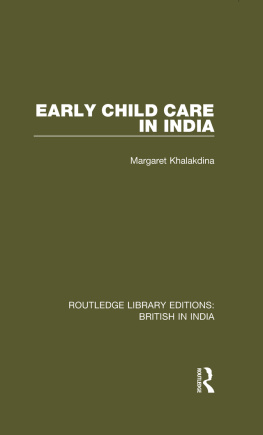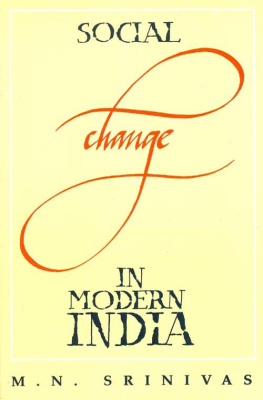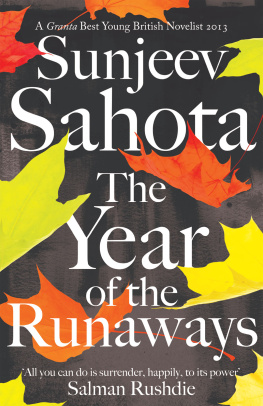Yale Agrarian Studies Series
JAMES C. SCOTT, SERIES EDITOR
The Agrarian Studies Series at Yale University Press seeks to publish outstanding and original interdisciplinary work on agriculture and rural societyfor any period, in any location. Works of daring that question existing paradigms and fill abstract categories with the lived experience of rural people are especially encouraged.
JAMES C. SCOTT , Series Editor
James C. Scott, Seeing Like a State: How Certain Schemes to Improve the Human Condition Have Failed
Steve Striffler, Chicken: The Dangerous Transformation of Americas Favorite Food
James C. Scott, The Art of Not Being Governed: An Anarchist History of Upland Southeast Asia
Edwin C. Hagenstein, Sara M. Gregg, and Brian Donahue, eds., American Georgics: Writings on Farming, Culture, and the Land
Timothy Pachirat, Every Twelve Seconds: Industrialized Slaughter and the Politics of Sight
Kuntala Lahiri-Dutt and Gopa Samanta, Dancing with the River: People and Life on the Chars of South Asia
Alon Tal, All the Trees of the Forest: Israels Woodlands from the Bible to the Present
Graeme Auld, Constructing Private Governance: The Rise and Evolution of Forest, Coffee, and Fisheries Certification
Jess Gilbert, Planning Democracy: Agrarian Intellectuals and the Intended New Deal
Jessica Barnes and Michael R. Dove, eds., Climate Cultures: Anthropological Perspectives on Climate Change
Shafqat Hussain, Remoteness and Modernity: Transformation and Continuity in Northern Pakistan
Edward Dallam Melillo, Strangers on Familiar Soil: Rediscovering the Chile-California Connection
Devra I. Jarvis, Toby Hodgkin, Anthony H. D. Brown, John Tuxill, Isabel Lpez Noriega, Melinda Smale, and Bhuwon Sthapit, Crop Genetic Diversity in the Field and on the Farm: Principles and Applications in Research Practices
Nancy J. Jacobs, Birders of Africa: History of a Network
Catherine A. Corson, Corridors of Power: The Politics of U.S. Environmental Aid to Madagascar
Kathryn M. de Luna, Collecting Food, Cultivating People: Subsistence and Society in Central Africa through the Seventeenth Century
Carl Death, The Green State in Africa
James C. Scott, Against the Grain: A Deep History of the First Civilizations
Loka Ashwood, For-Profit Democracy: Why the Government Is Losing the Trust of Rural America
Jonah Steinberg, A Garland of Bones: Child Runaways in India
For a complete list of titles in the Yale Agrarian Studies Series, visit .
A Garland of Bones
Child Runaways in India
Jonah Steinberg

Published with assistance from the foundation established in memory
of Amasa Stone Mather of the Class of 1907, Yale College.
Copyright 2019 by Jonah Steinberg.
All rights reserved.
This book may not be reproduced, in whole or in part, including illustrations, in any form
(beyond that copying permitted by Sections 107 and 108 of the U.S. Copyright Law and
except by reviewers for the public press), without written permission from the publishers.
Yale University Press books may be purchased in quantity for educational,
business, or promotional use. For information, please e-mail
(U.S. office) or (U.K. office).
Set in Bulmer type by Tseng Information Systems, Inc.
Printed in the United States of America.
Library of Congress Control Number: 2018940488
ISBN 978-0-300-22280-7 (hardcover : alk. paper)
A catalogue record for this book is available from the British Library.
This paper meets the requirements of ANSI/NISO Z 39.48-1992 (Permanence of Paper).
10987654321
Contents
ONE
Nabils Predicament
An Introduction
TWO
Home and the World
Village and Child Up Close
THREE
Of Crisis, Calamity, and Village Fabrics
FOUR
Death and the Urchin
FIVE
Runaway Train
Railway Children and Normative Spatialities
SIX
Remand to Rehabilitation
Urban Institutions and Rural Children
SEVEN
Concluding Thoughts, Final Words, and Big Pictures
Indian Runaways in Larger Frames
Preface
THIS IS A BOOK ABOUT LIFE AND DEATH , about the way that some of the most vulnerable, least powerful people in the world live history, the way the forces of empire, the movements of states, the conquest of lands are imprinted on their very bodies and in the most intimate reaches of affect and intellect. This is a book about childrens journeys, usually quite alone, from villages to distant cities, about the villages they leave and the cities they reach, and about their transformation from rural subjects to something called street children along the way. It is about the individual children but also about their numbers, en masse, why there are so many of them collectively doing the same thing at the same time. It is about the stories they tell of themselves and their perception by others. In the runaways thousand-mile journey I hope to discern, and illuminate, the ways that colonial reconfigurations of self and status, land and power, rule and debt converge on the lives of those most powerless in global architectures of governance and production, those who lack even the possibility for citizenship and access to the weakest forms of legitimate labor. They have access to the machinery of state for punishment but rarely protection, and unprotected even by kin they die daily or live in misery. Their pains and passages capture, recapitulate, in experience, in emotion and life course, rule and conquest itself, the vicissitudes and vacillations of polity and capital, the machinations of modernitys engineers, the failure of bloody utopias, the remainders of rupture. In their vulnerability and subjection, child runaways reveal a remarkable embodimentand subversionof these phantom forms.
Acknowledgments
THE FIRST THANK YOU IS DUE TO all the children and former children that this book is about, who participated in the research that constitutes it, and who inhabit, haunt, or speak through its pages. Without them and their remarkable vivacity, this project would never have come to be, and India and the world would not be the same sort of place.
The research for this book was made possible by National Science Foundation grant NSF-BCS-0924506. Profound thanks are due to Deborah Winslow, program director at the NSFs Cultural Anthropology program, who patiently guided methrough more than one failed and ill-conceived applicationtoward the ideas that would eventually give this research its shape. Once I was doing the research, Deb braved endless e-mails from the field, just as she does now, and answered them generously. Thank you also to Jeffrey Mantz for his support.
The most profound debt of gratitude here is due to Khushboo Jain, without whom the research for this book could and would not exist. Khushboos efforts, and voice, and character, appear throughout this book. The ethnographic fieldwork she carried out for this project was beyond expectation and compare. She deserves credit for so much in these pages, and also for her dedication to and legal advocacy for the children who populate these stories.
Thanks are due to Beth Mintz, who said, when teaching on my former specialties was all covered, What else are you interested in? and then Why not teach on street children, then? She was the one to whom I said, Okay, why not? Also to Ellie Miller, who thought then and for that reason that my research was already on street children and nominated me for the fellowship whose (failed) application would lead me circuitously to this book. I am indebted also to Sanjoy Roy, a tremendous human being and one of my first mentors for this work in India, as early as 2007.
Next page

